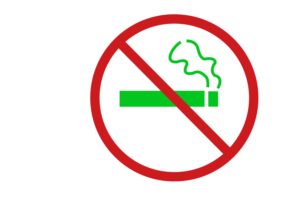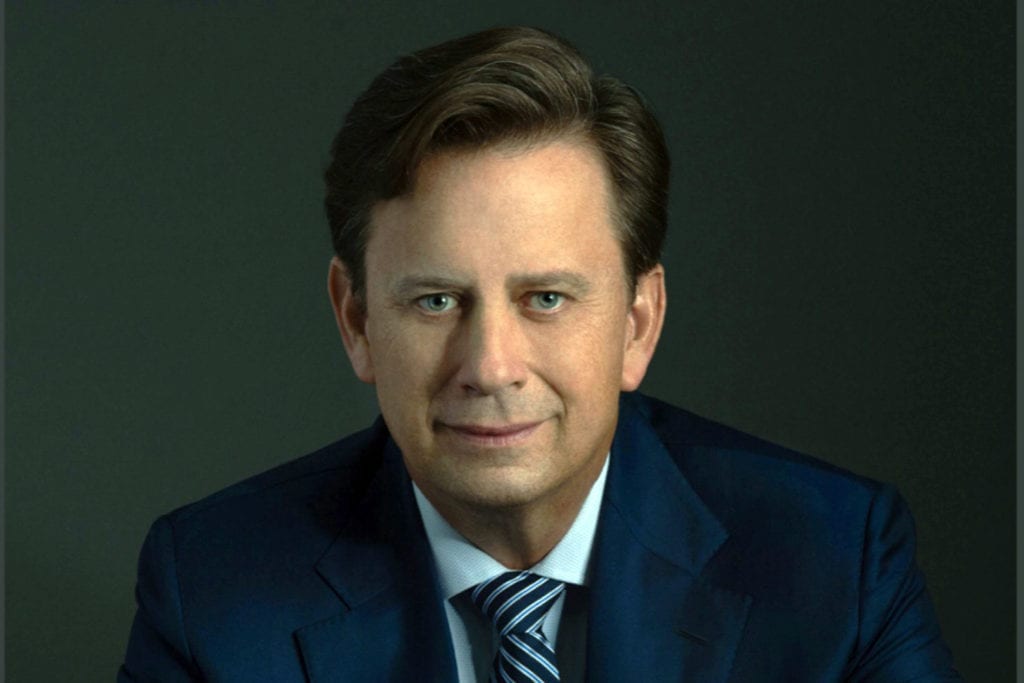
Several clergy members from New York State have signed a letter opposing Governor Kathy Hochul’s proposed ban on flavored tobacco products, reports Spectrum News 1. The clergy members cite civil rights and criminal justice concerns that banning menthol cigarettes in New York would implicate.
“It is unjust to expect communities of color to choose between greater public health protections and basic civil rights,” they wrote in the letter. “We do not accept the premise that we must choose between the two, that these interests are mutually exclusive or that this debate is zero-sum. A working group consisting of social justice advocates and law enforcement leaders, along with other organizations, is the best solution available to bridge the current divide.”
Hochul’s proposal would also raise the per-pack tax on cigarettes by $1 to $5.35.
Clergy believe banning flavored tobacco would lead to unfair outcomes for people of color.
“Our collective primary interest is protecting the public, specifically communities of color, from abuse at the hands of both corporate influences and law enforcement,” they wrote. “We share the same belief as others that we can have a robust and productive debate that prioritizes both public health and criminal justice concerns.”
“To that end, we are requesting that any proposed ban on menthol cigarettes be withdrawn at this time and a working group convened with the set mission to offer recommendations for new legislation,” they wrote. “That working group must take into account all of our collective concerns and address the need for greater public health protections that do not compromise our constitutional and civil rights.”


















